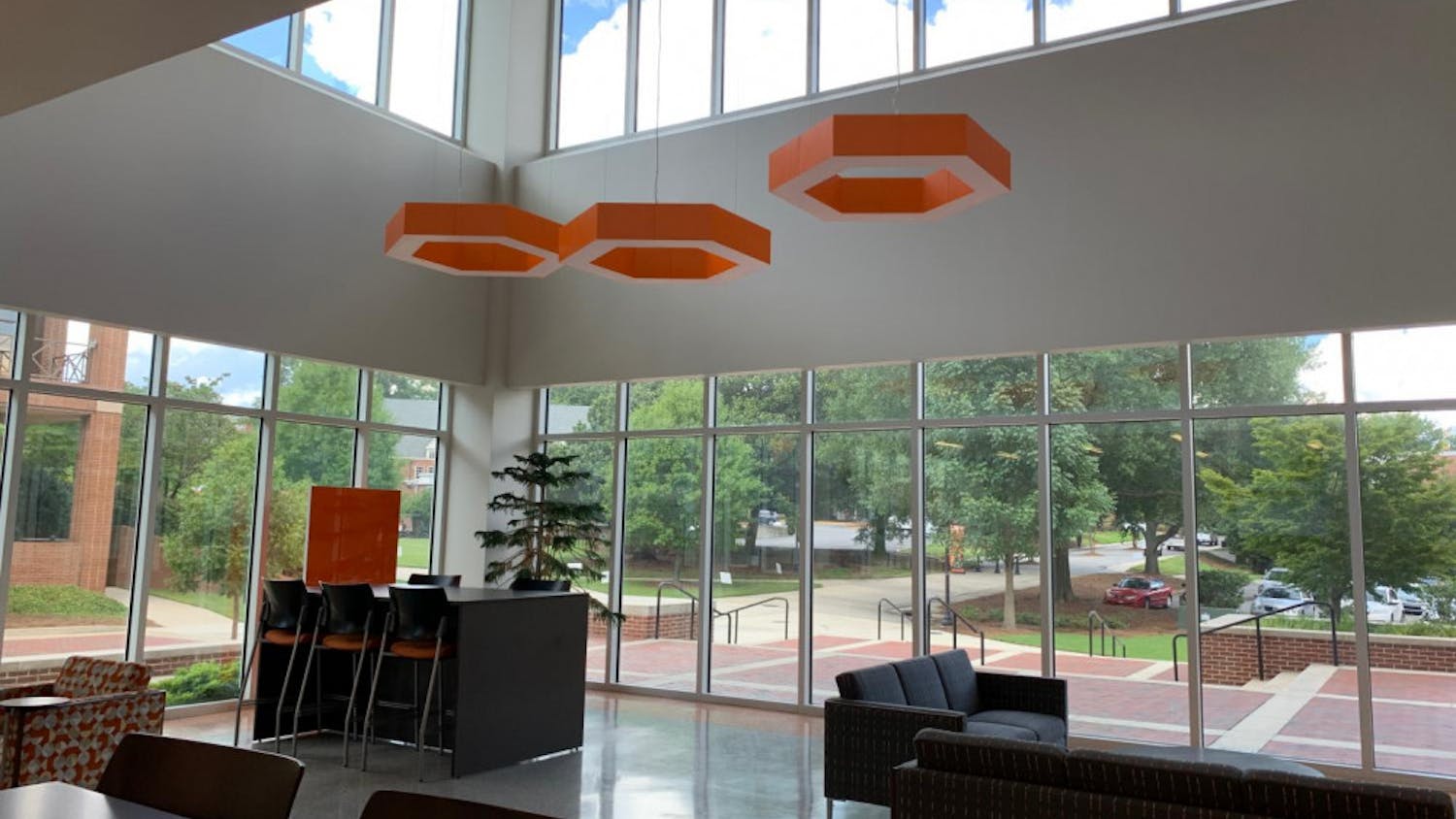Recently, I have been granted the opportunity to work on creating legislation for the state of Georgia to adopt its own bottle deposit program.
A so-called “Bottle Bill” sets up programs where, after purchase and consumption of the contents, consumers can drop bottles and aluminum drink cans off for a monetary return. This effort is helpful to the environment by reusing materials already extracted from the earth.
Naysayers will make the point that in some cases we use much more energy in recycling the products than just extracting new materials. While this is true for aluminum/bauxite, there is a significant advantage for all creatures on the earth to take up the least amount of space as possible for trash.
We can banter all day about the pros and cons of the bottle deposit program, but there is no sound argument against it. This would raise the cost of drinks by a few cents, but it would be cost effective. If you cared enough, you would trade the bottles back in and get the few cents back.
Beverage containers constitute between 40 to 60 percent of litter overall. Deposit laws significantly reduce this number, leading to a massive reduction in litter and trash. Not only is this an aesthetic benefit, but this is also good for general health and wellness. Conservative estimates are of a 69 to 84 percent reduction in the amount of litter from a bottle deposit program.
Nevertheless, curbside recycling is much more efficient and easier than bottle deposit programs, and in curbside recycling, there is no need for handling fees, deposit initiators or reclamation centers. Despite this, an estimated 50 percent of Americans do not have access to curbside recycling, and this only addresses the use of beverage containers at home—not in the workplace or other places away from home. Surprisingly, the EPA has said that tripling the number of curbside recycling programs has actually seen a decrease in the number of aluminum cans recycled.
On a side note, bottle deposit programs are often referred to as taxes on the consumer. Nonetheless, how can this be called a tax if they get the money back? In addition, the only people affected by this so-called “tax” are those who actually purchase the product. The rhetoric against bottle deposit programs is foolish, and big corporations sponsor it, such as Coca-Cola in Georgia. This will not lower sales much, if at all. Their costs would go up, but this would be negligible, and most corporations have recognized the need to work for a social good. Consumers are developing conscience, and they will pick something that is better for the place they live in.
While we might call this foolish and an idealist’s dream, look at businesses and organizations that have succeeded as of late. TOMS Shoes just makes shoes that are similar to other companies’ products, but people flock to TOMS Shoes due to ITS social good. This would have a similar affect for Coca-Cola. Furthermore, there would be a small increase in permanent jobs, beneficial in this tough recession.
This is just a small list of the benefits that the bottle deposit program brings. Honestly, the number of states that have instituted this is growing, and there are a number of states currently with proposals in their respective state legislatures, along with a couple that are expanding their preexisting programs to great avail.
Whether or not you believe there is climate change or a finite number of resources (which we are close to running out of), this is a cause that we can all get behind: taking better care of the planet just because it’s the right thing to do. Do we not have a duty to both ourselves and others? Kant would think so, and he would refer to bottle deposit programs as a categorical imperative that we all can get behind.
Comments on this opinion can be sent to garret.mcdowell@gmail.com




